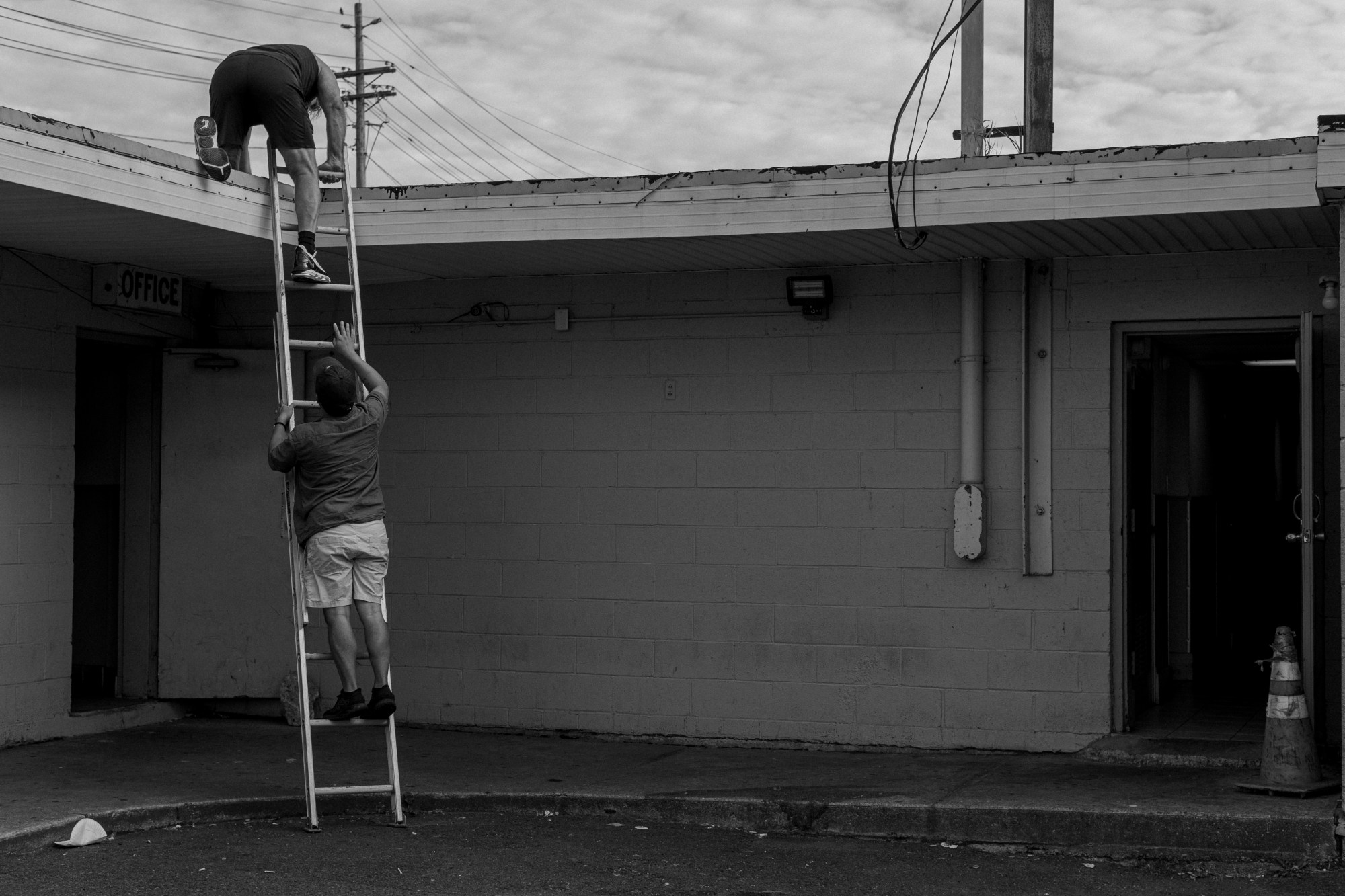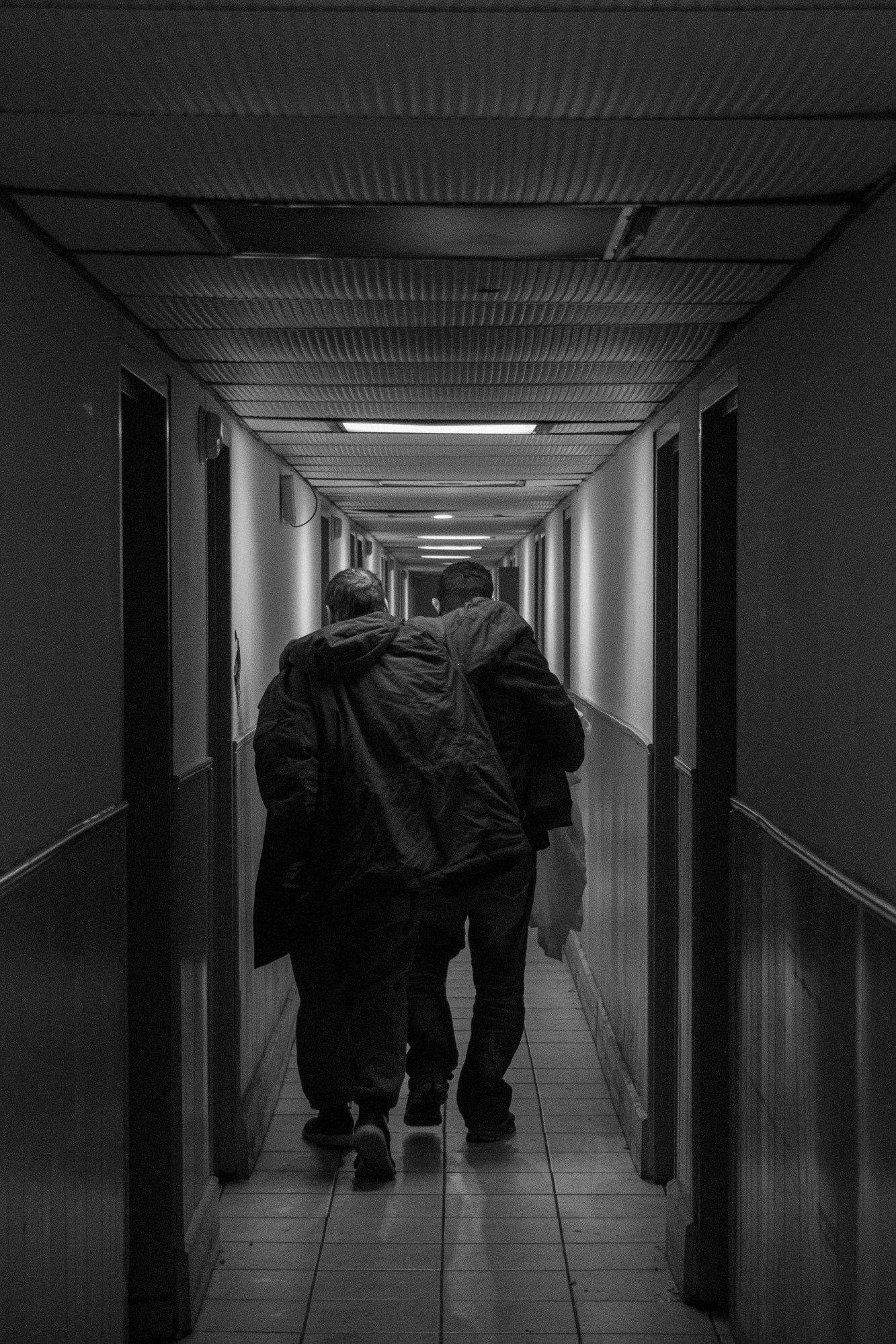Julian Rigg’s latest photography series, UN-PROMISED LAND, began when he came across a viral TikTok page belonging to the Lincoln Tunnel Motel. The motel’s manager, Brian, was attempting to capture the drama of daily life there, and soon decided to gift a free night to anyone who opted in to following them. They quickly experienced an influx of unhoused people who had fallen on hard times after the pandemic hit.
After following Brian’s content, made in collaboration with a man named Steven — “the maid”, who helps maintain the property, often while wearing a maid’s costume — Julian realised the motel was just down the street from his home.
He decided to go there as his senior photography final project approached, and became a regular presence, connecting with residents and documenting their stories. Since then, he has learned a great deal about the state of homelessness in New Jersey and across the United States. We spoke to him about how he got his start, the government’s failure to provide adequate housing solutions, and the connections he’s made while working on the series.
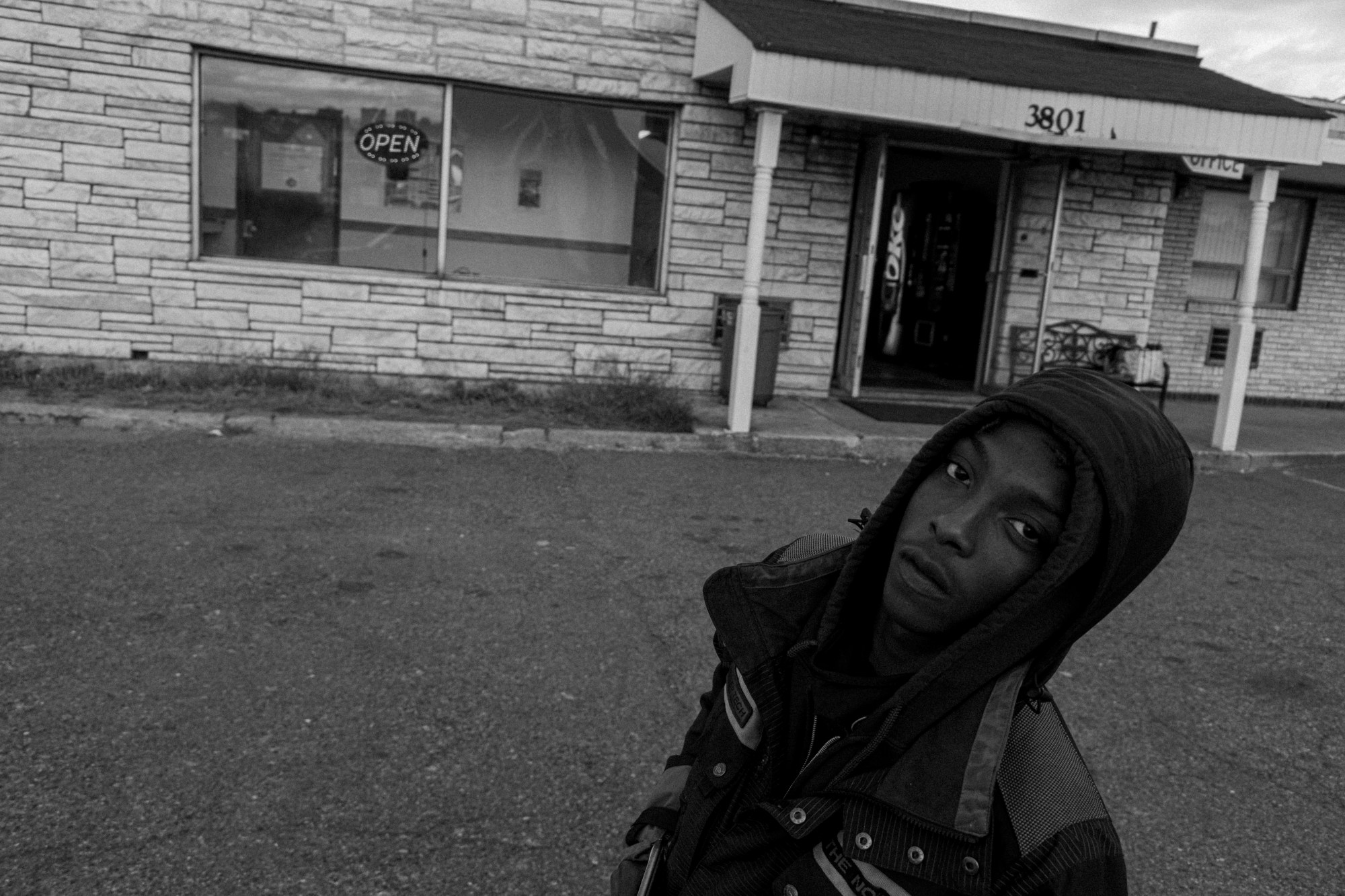
How did you get your start in photography?
It’s always been a hobby for me. My mother’s a filmmaker, and my dad’s a sculptor, so I inherited this old Nikon 35-millimetre camera that my mom didn’t need anymore.
I got to college and my senior year, I took a photojournalism class. That’s when I was like, ‘Damn, this is pretty cool’. It’s been what I’ve wanted to do since.
What attracts you to the documentary photography approach?
I think back to this photo book, It’s All Good by this photographer Boogie, who was documenting gang members in Bed-Stuy in the mid 2000s.
Just to be able to have access to a community that a lot of people don’t really see — it’s super interesting to explore things we don’t know, things we’d like to know, and break down whatever stereotypes we have about people.
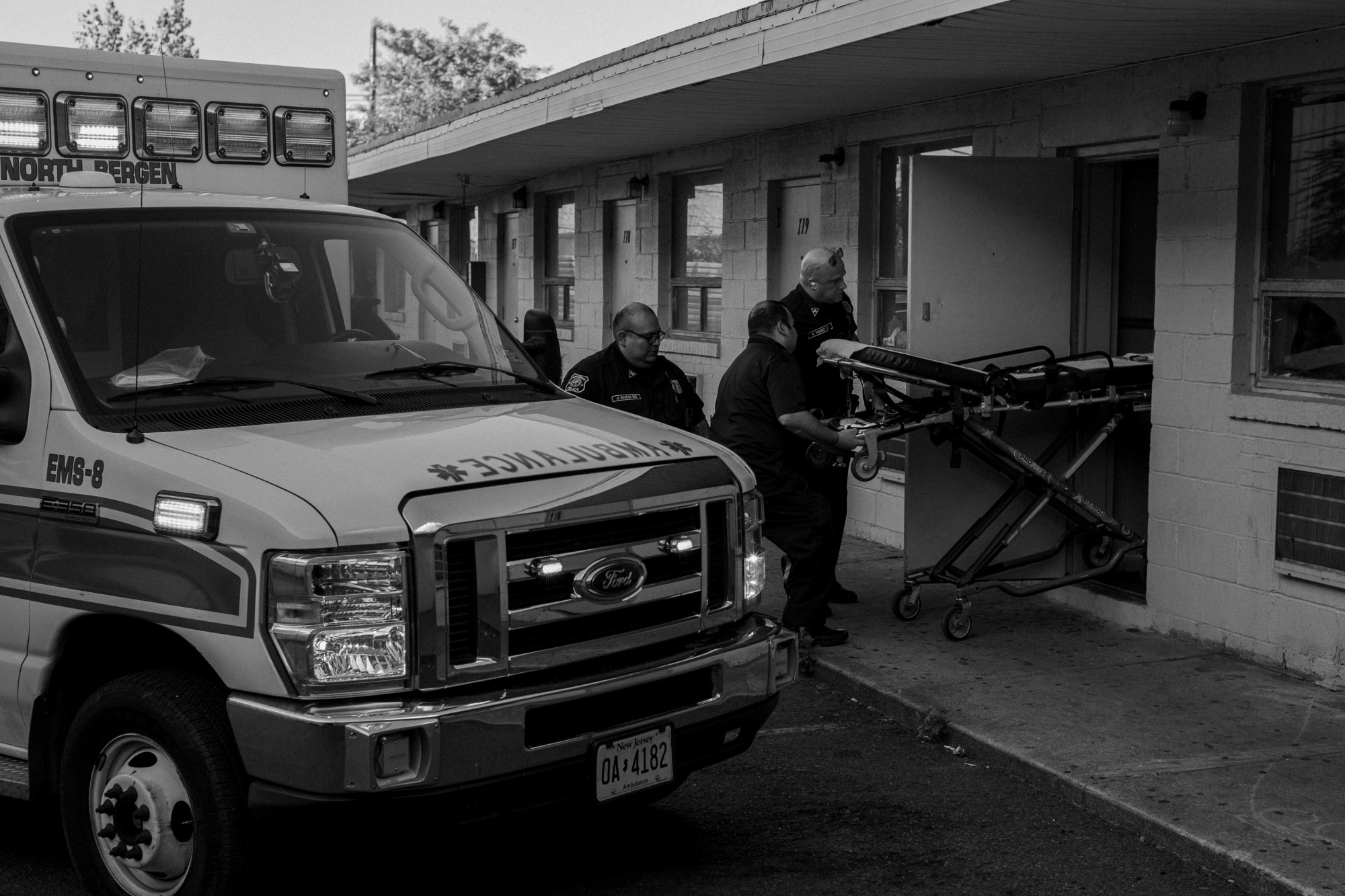
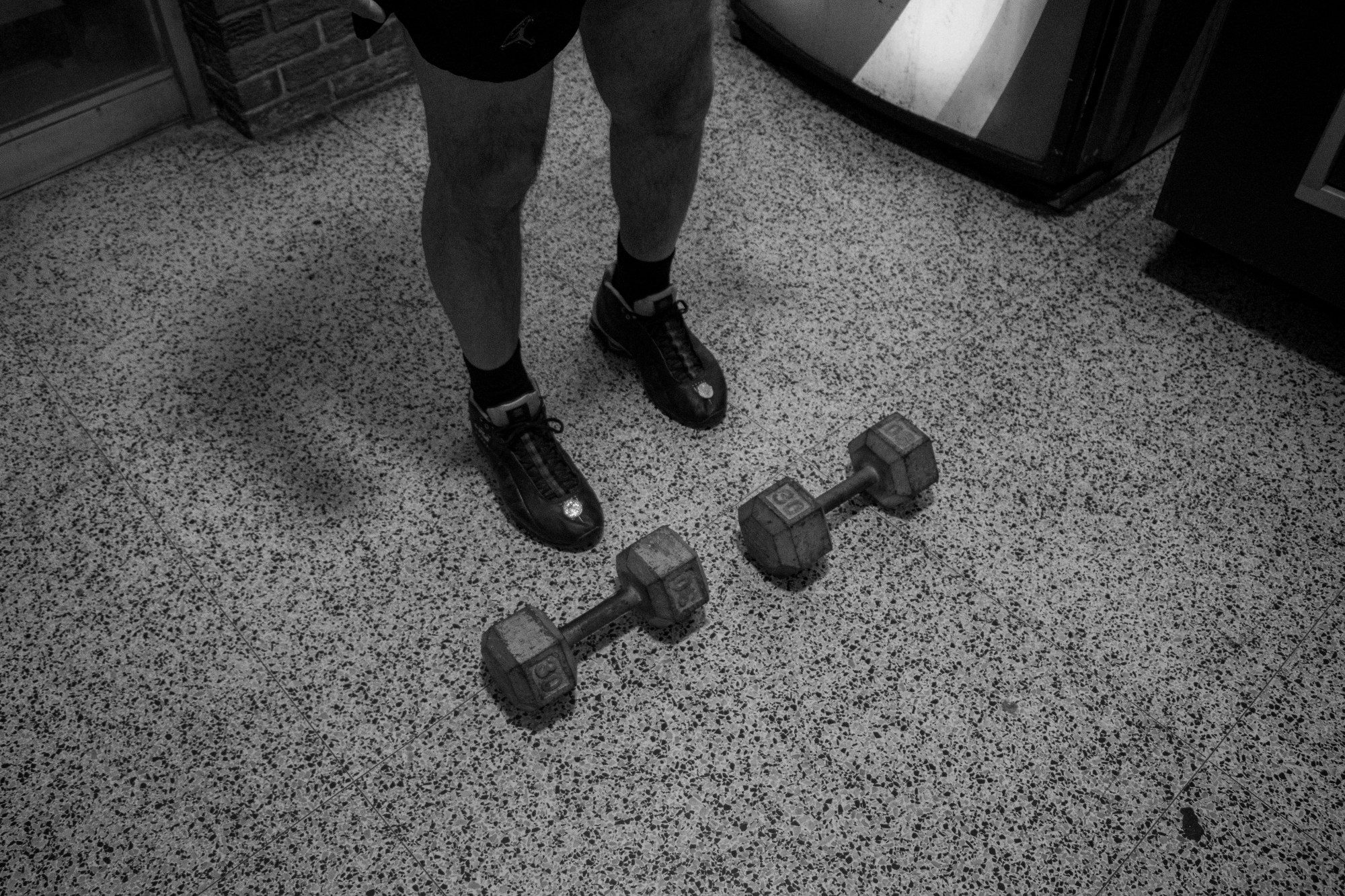
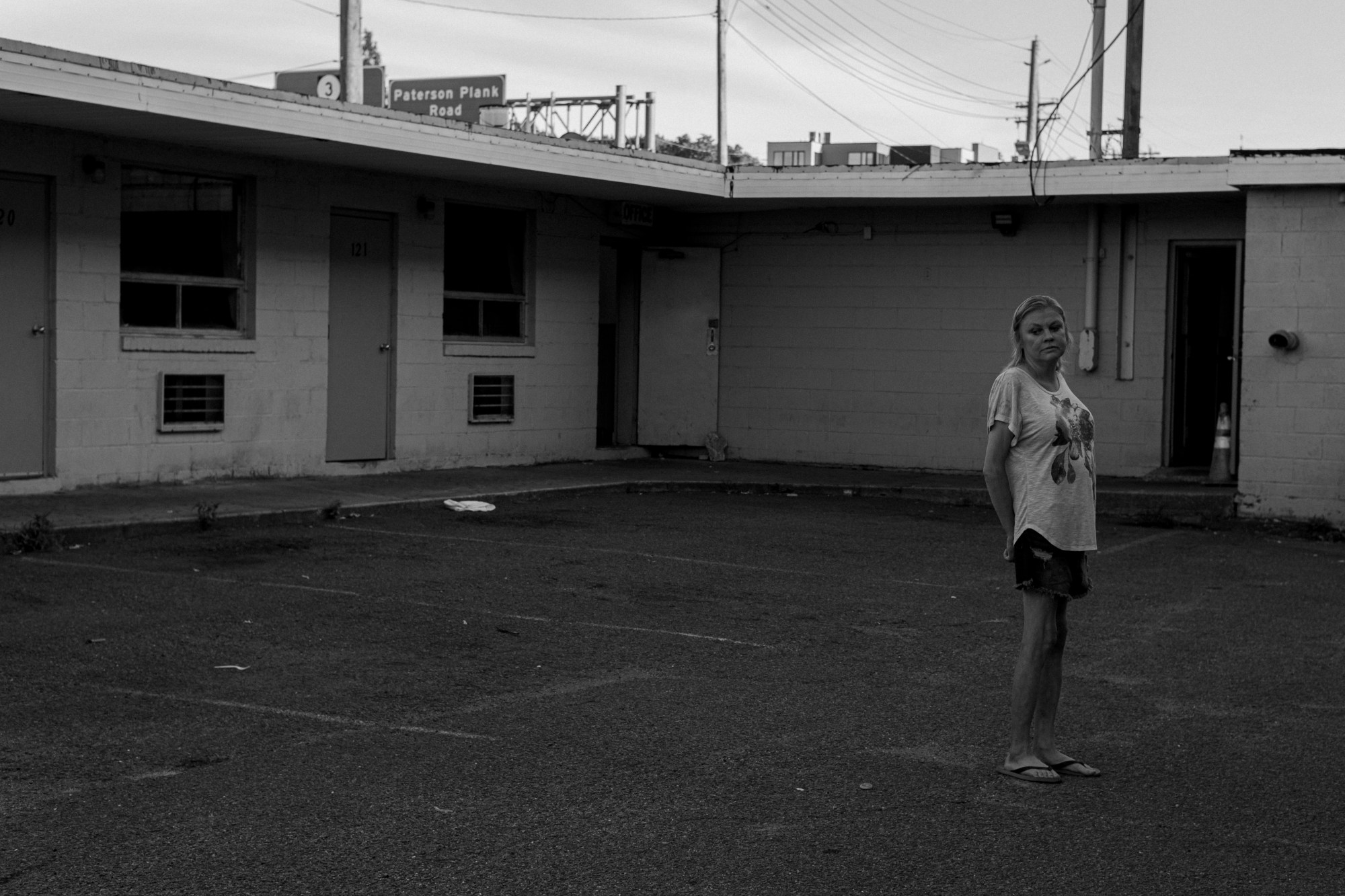
How did you come across these folks at the motel and what did look like to develop this into a long-term project?
I came across a viral Tik Tok. The manager of the hotel, Brian, and “the maid” Steven – who is pictured in several photos – were doing all these funny skits. Brian was also sharing a lot of stories from the motel. I saw the location and I was like, damn, that’s 30 minutes from me.
I was meeting so many people with these crazy stories and people wanting to tell their stories, to share what they’ve been through. I realized I really needed to spend time to do it justice and get these people’s stories right, and make them feel comfortable talking with me because that’s a lot of what documentary photography is – getting people to feel comfortable in front of the camera. So a lot of this, is more talking than photographing to be honest.
They must know you now, as a regular.
Yeah, I go once a week, so people know me by name. I’m very grateful for them feeling comfortable enough to open up to me about their life experiences.
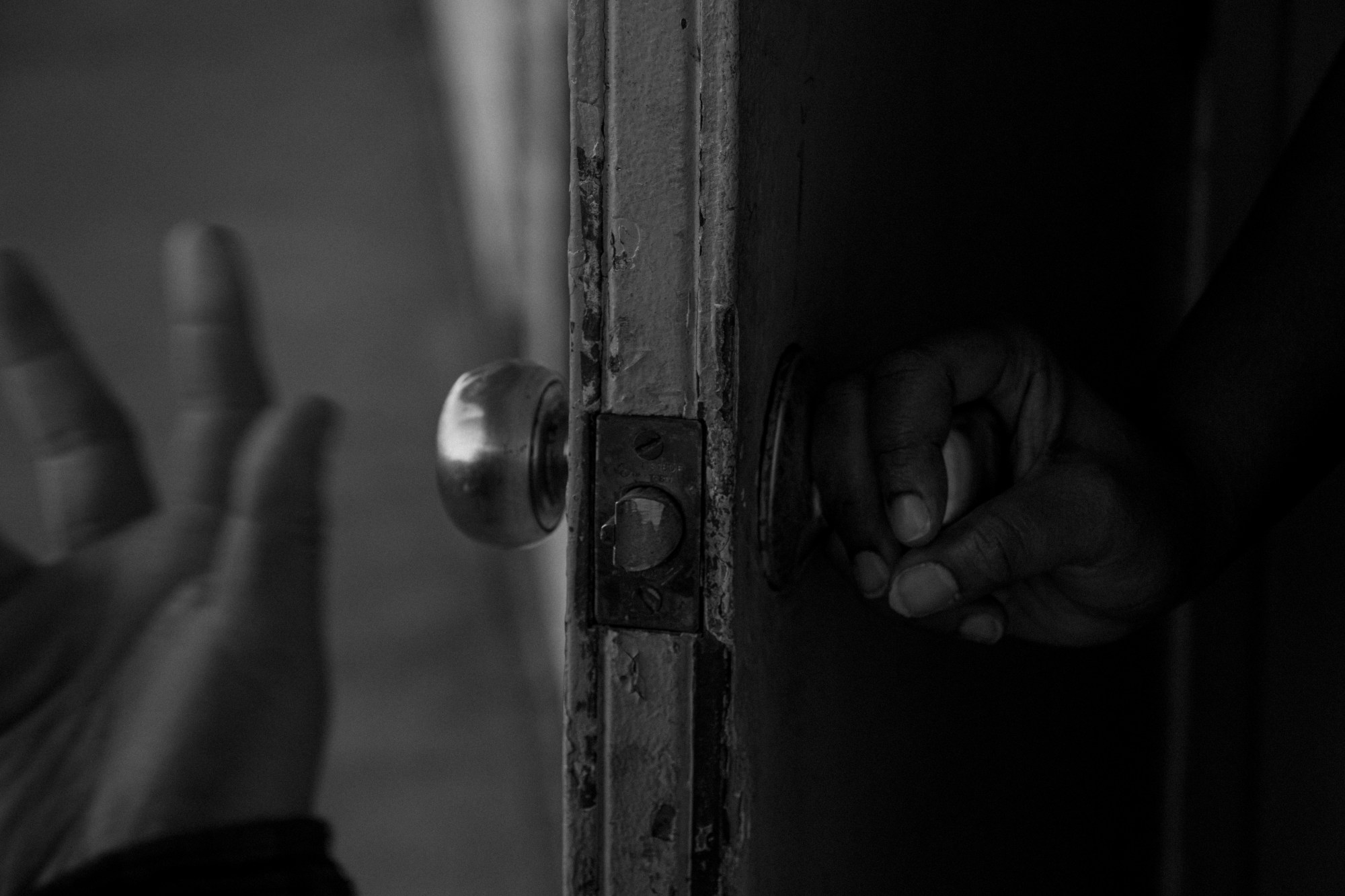
You mentioned Brian the manager will sometimes give folks a discount or let them stay for free. I’m curious if you’re aware of any other resources that are available to them.
The difficult thing about being unhoused in America is what the Department of Housing and Urban Development consider unhoused. The estimate right now in New Jersey is a little over 9,600 people who they say are chronically unhoused, but that only takes into account people who are living in shelters and people who are living in cars, for example.
The Department of Education counts children, so they have a different estimate as to how many unhoused people there are in the country. The crazy thing about how difficult it is to estimate is that there’s a prominent non-profit based in Newark, New Jersey called the Goodwill Rescue Mission. They estimate that there are over 24,000 unhoused people in New Jersey. So in reality, the estimate is between about 10,000 and 24,000 – it’s a huge margin.
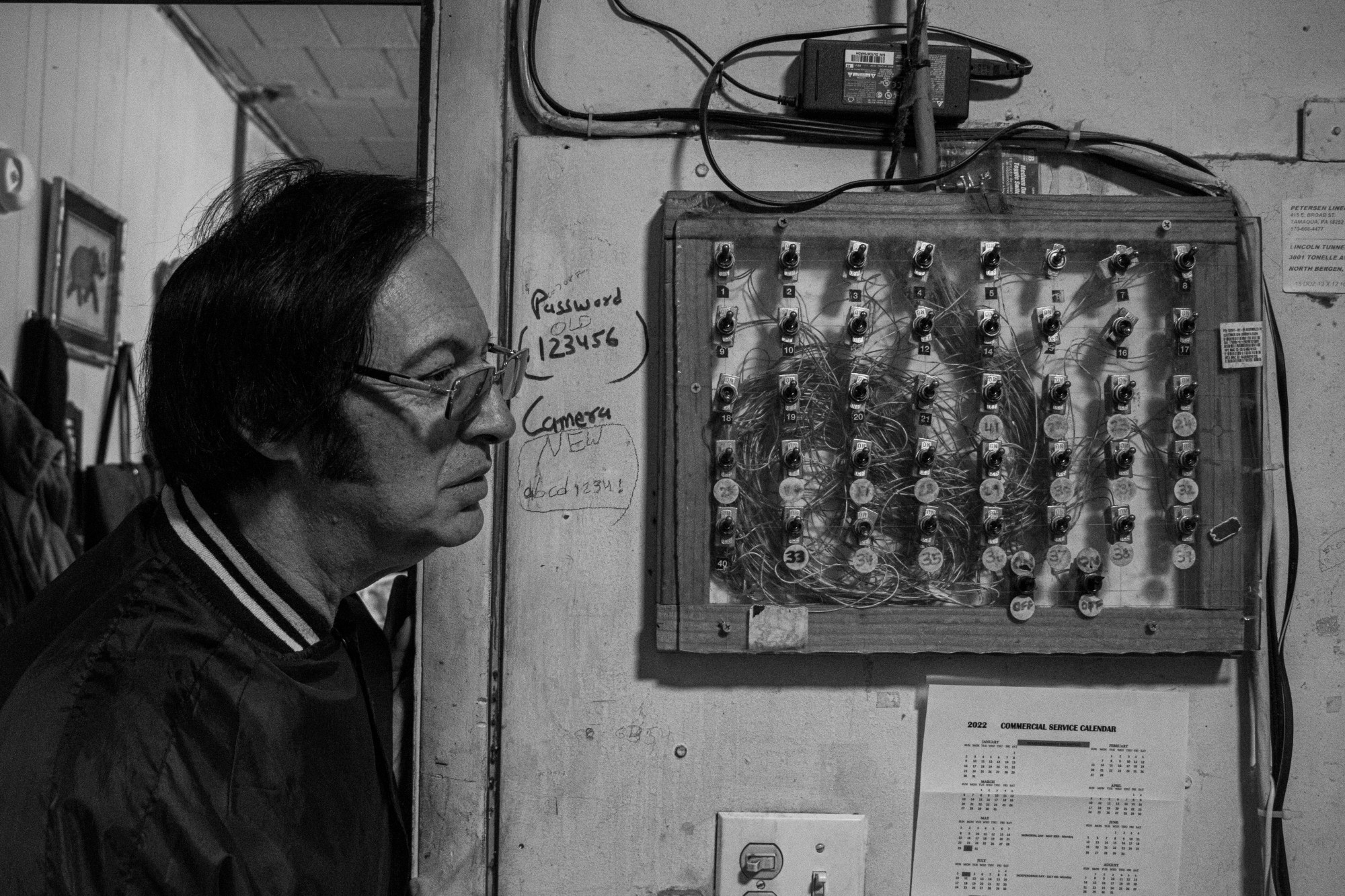
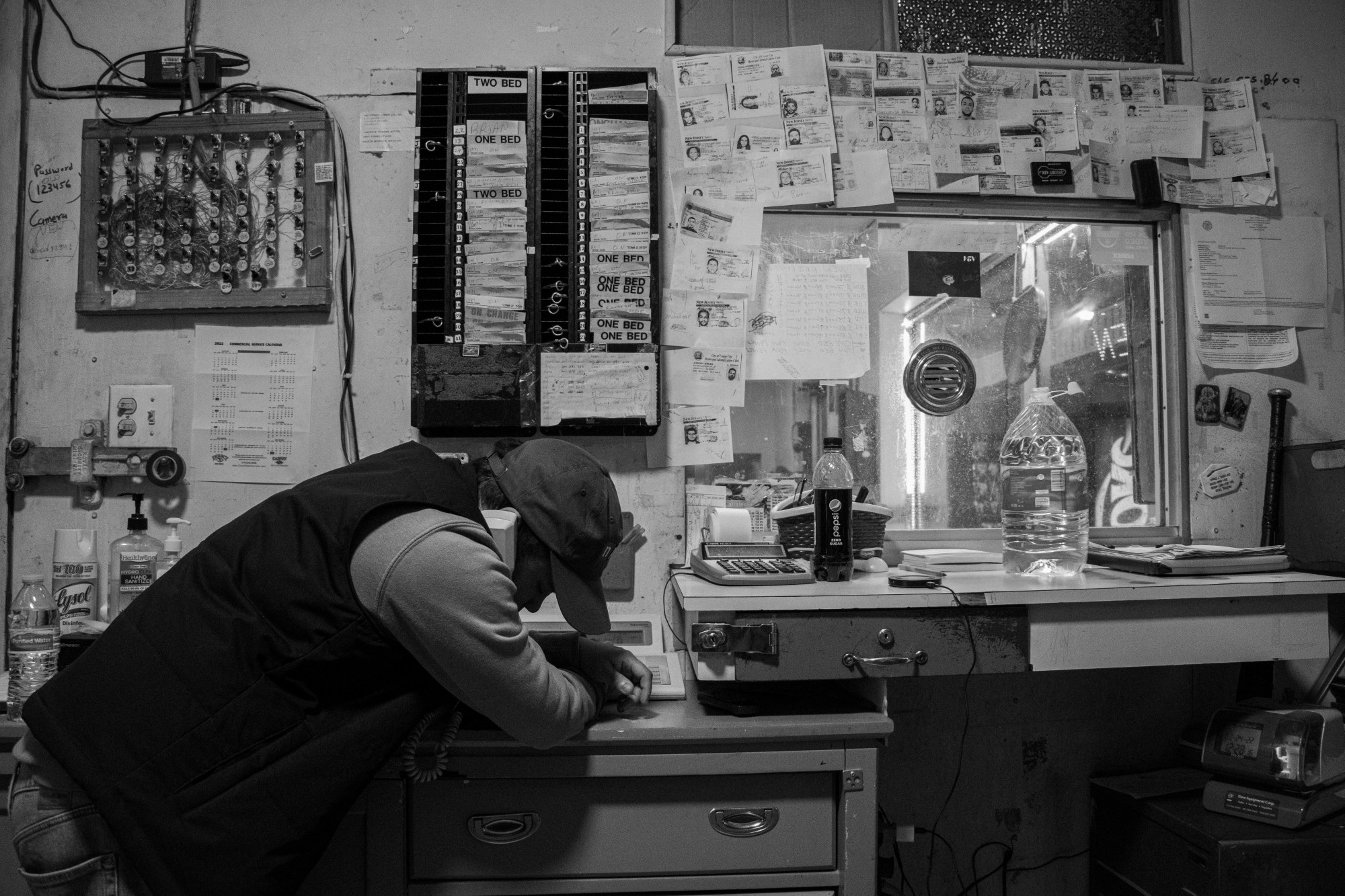
HUD claimed in a ten-year study that homelessness in the US declined by 20%, but the Department of Education says there was an increase of over 90% in the same period. So everyone has these different numbers. It’s an issue because they don’t know where to allocate the resources. What boggled me is New Jersey is the third wealthiest state in the country. We have a median household income of $82,000. So when I found out those statistics I was like, this is ridiculous.
Are there any conversations that you’ve had with anyone you’ve met that really resonated with you?
Oh for sure. There are so many, but there’s one guy, his name is Aalijah. He’s been unhoused I believe since January of this year. We still talk a lot. Actually we follow each other on Instagram. He got kicked out of his home after a disagreement with his family, then went to North Carolina, then went to California, and ended up unhoused in New Jersey. It is insane to me that someone so young has to have to deal with that and barely receive any help.
He lives with his partner, Nykole, and she became unhoused after she was evicted. It’s these really heartbreaking circumstances that should not happen to anyone.
Aalijah and Nykole both told me how dangerous the shelters are. They were mostly going to shelters in Jersey City, which is down the road from the motel. People got assaulted, people were robbed, and so they just don’t feel safe going there. That’s why they prefer going to the motel.
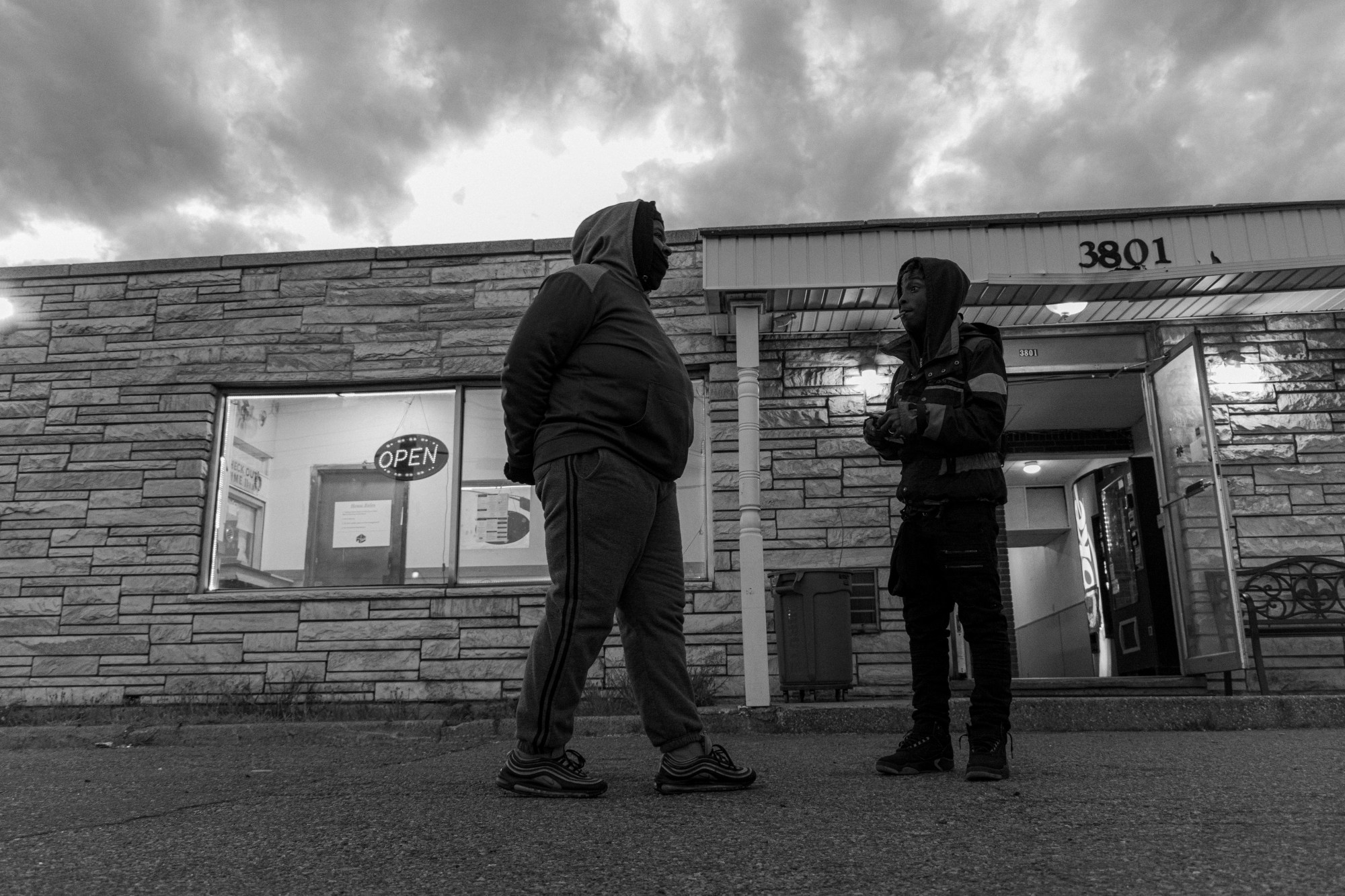
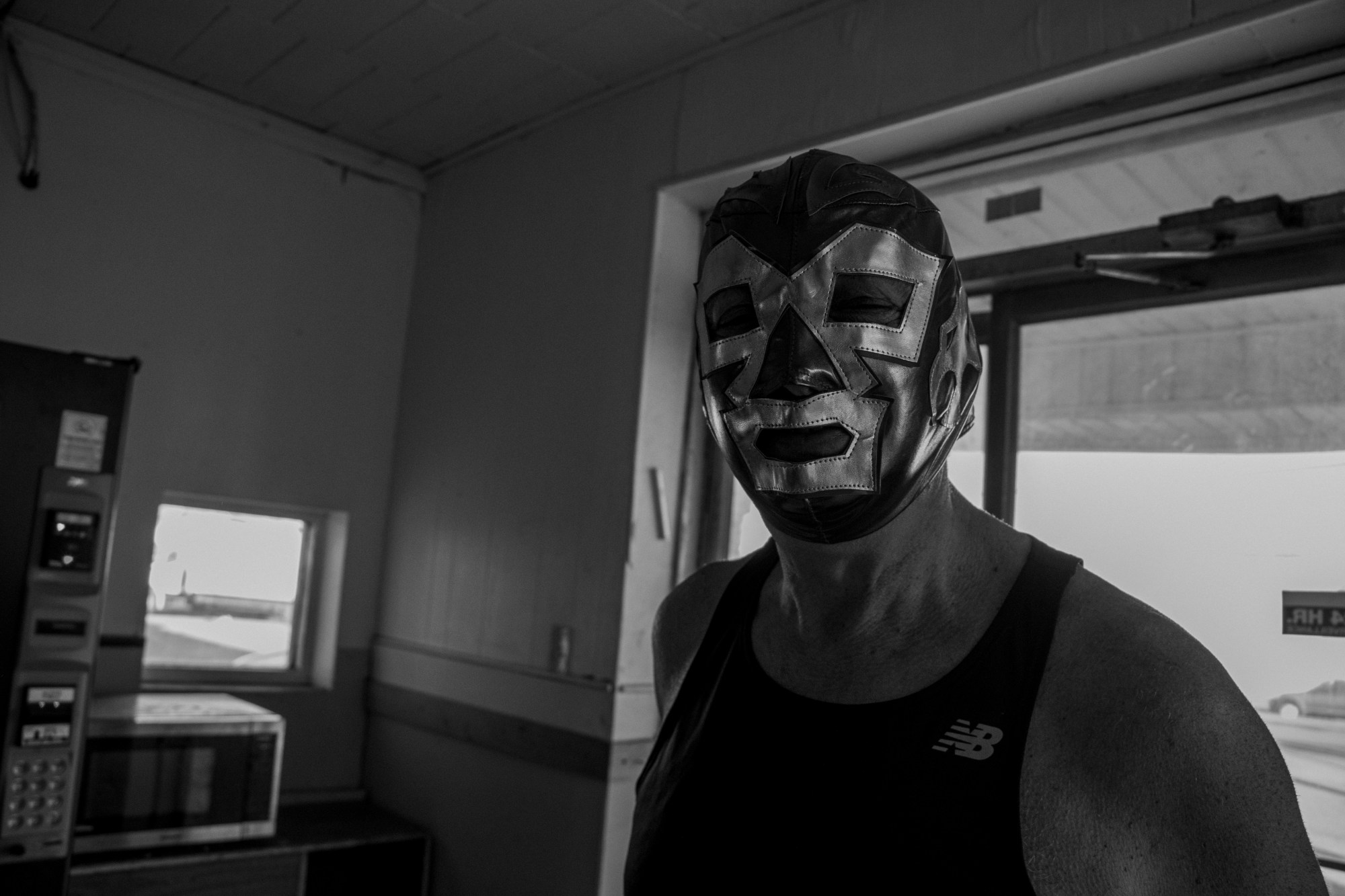

You’re saying folks are going to this motel because the systems and structures that have been put in place to support them are actually really dangerous. So people are taking it into their own hands.
Right. And on top of that, HUD doesn’t consider people living in motels as unhoused.
So essentially this motel is acting like a shelter, but it’s still a motel at the end of the day. It’s not meant for long-term living. They don’t have kitchens. They don’t have adequate sanitation at times because it’s just like a little dinky shower and the toilet and sink. And it hasn’t been updated since the eighties.
They don’t receive any government assistance for essentially functioning as a shelter, which is upsetting. The manager has even spoken to the governor. They’ve had a phone call, and there was no offer of any help of any kind.
A lot of the people I’ve spoken to, many of them work in warehouses. I’ve spoken to Amazon delivery drivers, people in the restaurant industry. People work, but it’s expensive to live at the motel – $400 a week. What I’ve noticed is a lot of folks ended up in these situations because of the economic fallout from the pandemic.
People can say, ‘at least they have shelter,’ but that’s just part of it — there’s so much trauma behind how these people go into these situations. It’s so complicated and complex. It’s an onion, with so many layers.
